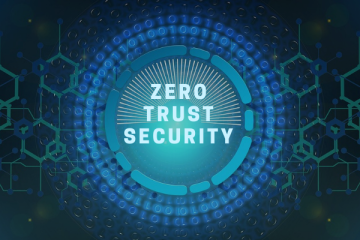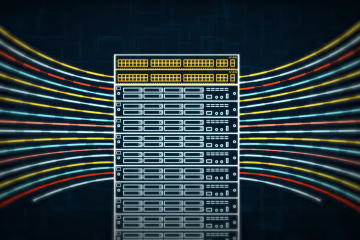Security Policies for Your Business
Implementing essential security policies has become a crucial component of IT security in all organizations, and the stakes are high. Cyber threats are becoming increasingly sophisticated, and the cost of a security breach can be significant, both financially and in terms of reputational damage. That’s why it’s essential to work with an IT solutions provider that has the expertise to help you implement the right security policies for your organization.
Having comprehensive security policies and a team of experts that can help you navigate the complex landscape of security policies can be pivotal in the success of an organization. IT solutions are critical in helping you implement and maintain the necessary security policies to keep your systems and data safe.
So which policies do I need to have?
- Security Awareness and Training Policy
Data backup is another crucial component of IT security, along with having a data backup policy that ensures your data is backed up regularly and stored in a secure location. Regular testing of the backups ensures that they can be restored in the event of a disaster.
- Incident Response Policy
This policy is part of an organization’s Business Continuity Plan. It outlines an organization’s response to an information security incident. It should be documented and focus on procedures following a breach of data and other security incidents.
In the event of a cyber-attack, having an incident response policy in place is crucial. Develop an incident response plan that outlines the steps to take in the event of a security breach:
- Identifying the incident response team and their roles and responsibilities
- Having information about the system such as network and data flow diagrams
- Maintaining a hardware and software inventory
- Ensuring logging is enabled on all systems to identify unusual traffic or changes to your data
- Steps for containing a breach
- How to conduct a forensic investigation of the incident
- Network Security Policy
Ensure your information systems in your organization have suitable hardware, software, and auditing mechanisms. A network security policy creates confidentiality, integrity, and availability of data by following specific procedures when reviewing your system’s activities on an ongoing basis.
- Password Creation and Management Policy
Implement a strong password policy that requires users to create strong, original passwords and how often employees should change them. Have guidelines on developing and implementing the process for proper creation and securing of passwords for verifying user identity and access to company systems and information.
- Access Control Policy
This policy should include an access control policy that limits access to sensitive information based on user roles and permissions, ensuring that only authorized users can access the data they need.
- Remote Access Policy
Working from home is now being incorporated into the system, making remote data security a concern for organization.
Remote access involves the connection of any host to the company’s network. This policy is defined to reduce the possibility of exposure from any damages that are caused by the unauthorized use of assets.
How RTI Can Help
As a trusted IT Service Provider, RTI provides proactive and preventative solutions through Managed Services, and is here to help guide your business, all while maintaining the safety of your technological environment. Need help in developing a policy for your company? The experts at Riverside Technologies Inc. can help you stay informed about the latest industry trends and advancements. Contact us today to help you manage and update any existing security policies you have or let’s build a new one.
Date Posted: 9/12/23
Date Last Updated: 9/12/23
By: RTI Marketing Team
Riverside Technologies, Inc. (RTI) specializes in managed services, IT hardware, warehouse services, and technology deployment.
Our solutions can help you achieve your goals.




